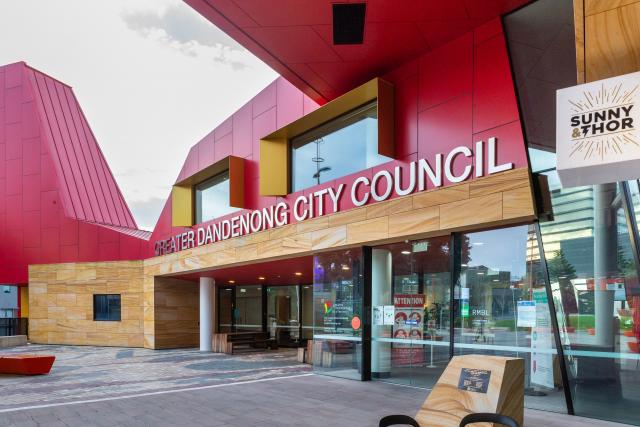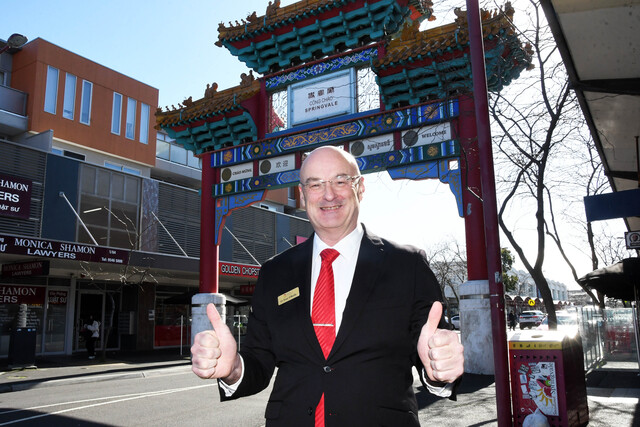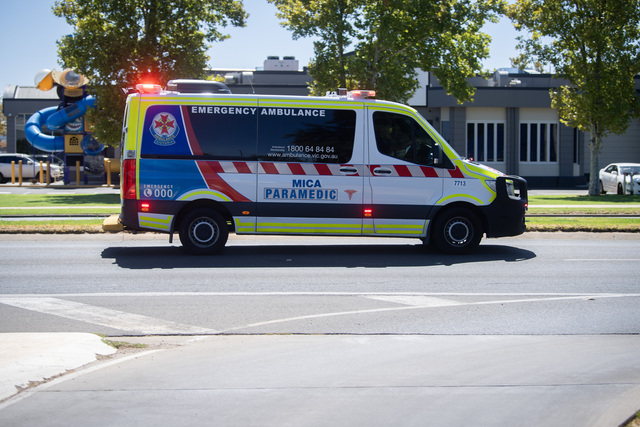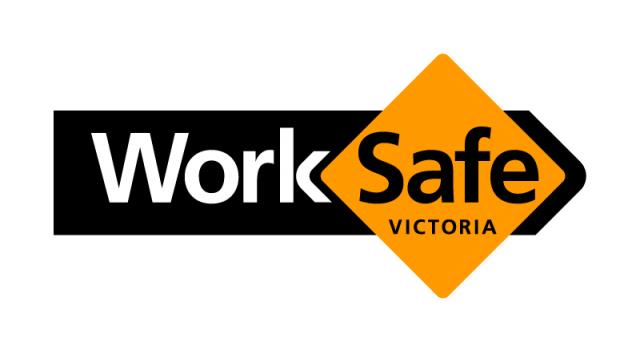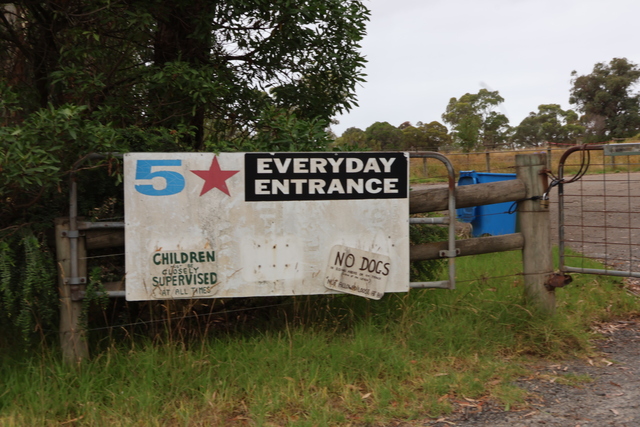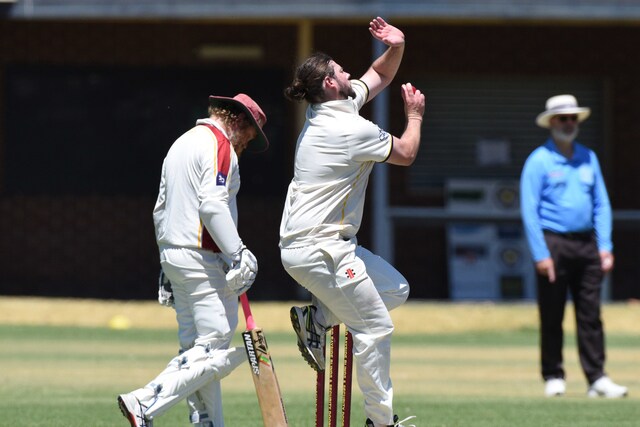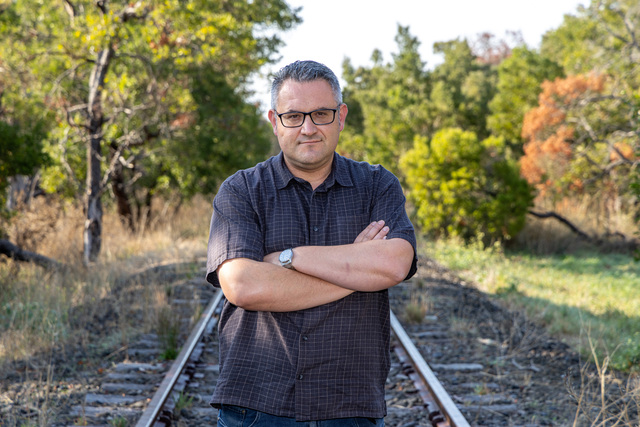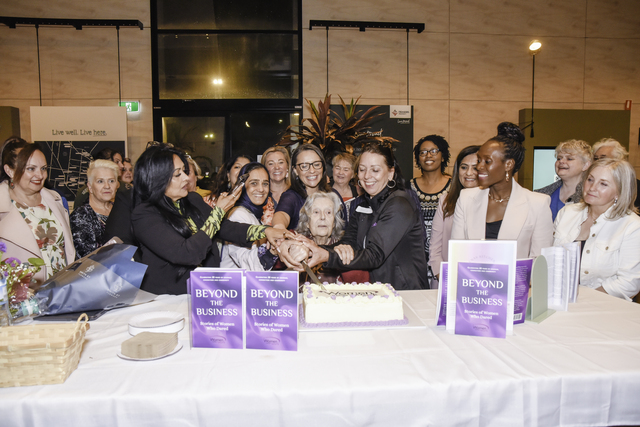By CAM LUCADOU-WELLS
NEW subjects to combat the radicalisation of students will be added to the Victorian school curriculum in 2016.
Respectful relationships, and world views and ethical understanding were among the subjects which would help build student resilience and more inclusive schools, Education Department spokesman Bryan Allchin said.
It is believed these subjects will tackle stereotypes and behaviour such as prejudice, violence, discrimination and harassment, and teach students social skills to cultivate respectful relationships.
Mr Allchin said there would be a focus on prevention – “universal support” for all students plus early intervention for those that are “vulnerable”.
However he noted: “Radicalisation is not taking place in the classroom – it’s happening when vulnerable young people are targeted online or outside of the school environment.”
It has been 12 months since Lyndale Secondary College graduate Numan Haider was fatally shot after stabbing police officers in Endeavour Hills.
Other former Lyndale students were charged over a foiled terrorist plot targeting Dandenong’s Anzac Day service this year.
As part of its strategy, schools will be urged to engage with community leaders, police and organisations that can support at-risk young people.
Mr Bryan said the approach was consistent with the state government’s stated aim to reduce radicalisation through social cohesion and understanding.
The new curriculum will also be supported by programs such as School-wide Positive Behaviour Support (SWPBS), the Building Resilience Framework, and the existing Bully Stoppers.
The SWPBS program is a research-based method aimed at creating a positive school climate and open responsive management from school leaders, staff, students and parents.
The resilience-building program will include social-emotional learning teaching material for students to explicitly learn problem solving, coping and help-seeking skills.
Last month, the state government announced an $8.6 million, two-year Navigator service pilot that aimed to reconnect 12 to 17-year-olds who were disengaged from schools.



